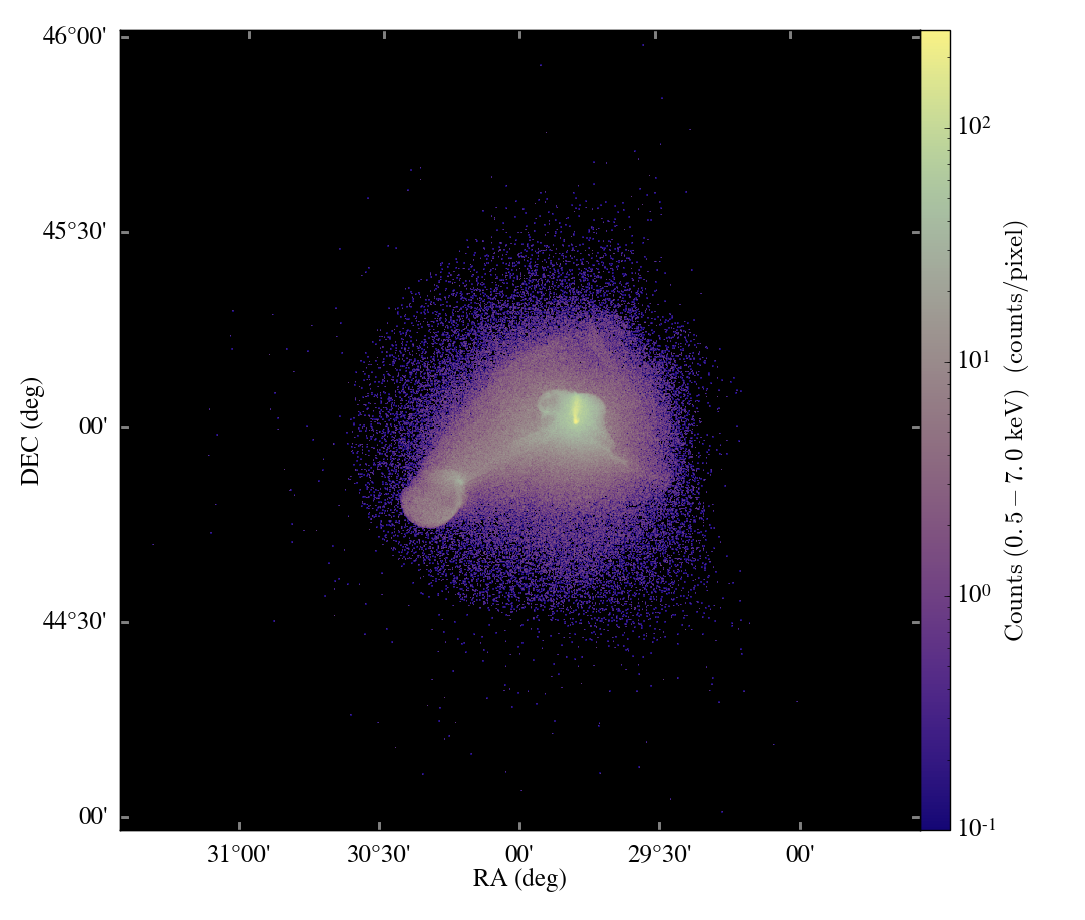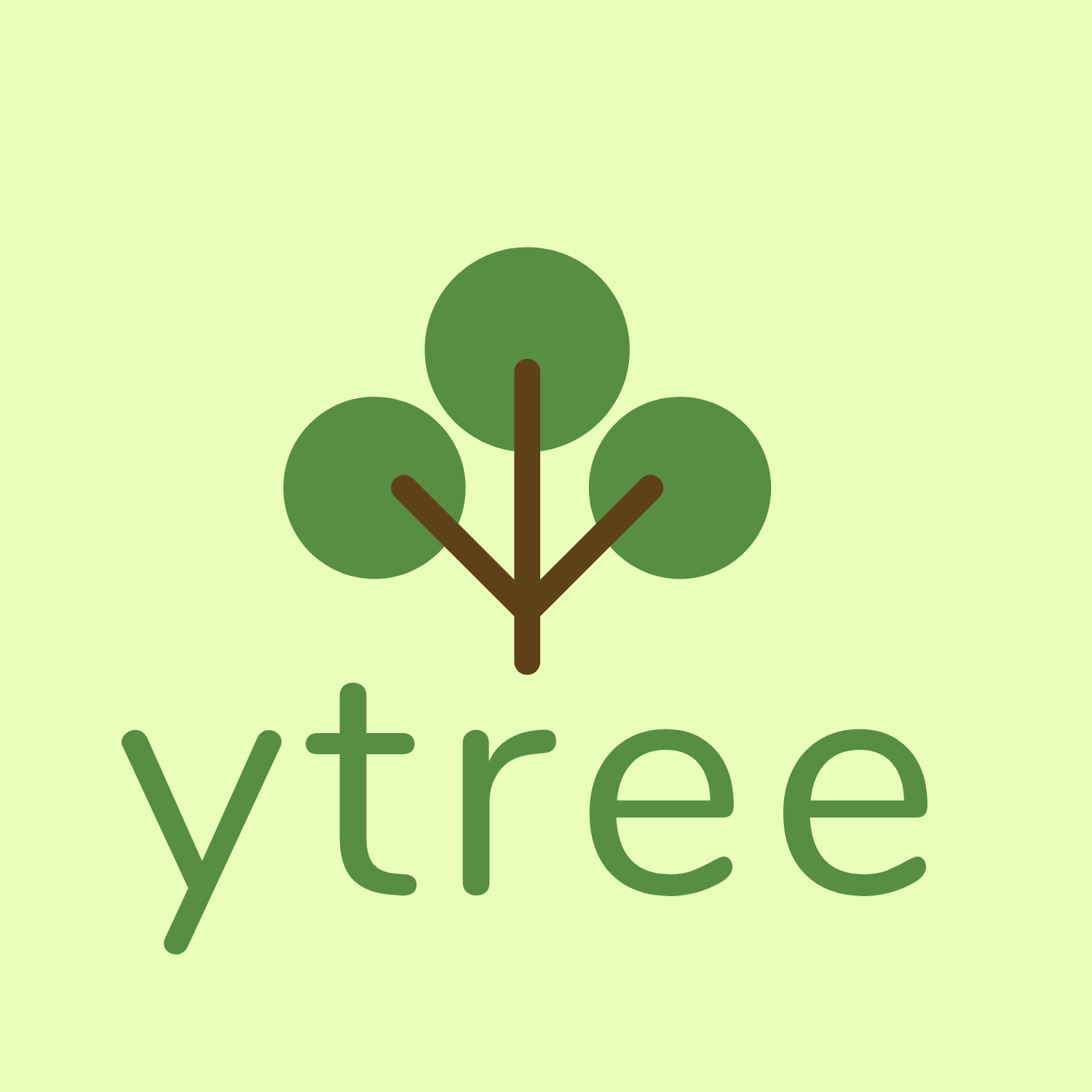A few of the yt developers have been experimenting with screencasts to show off new features or demonstrate how to do some things. Sam and I have both prepared screencasts on volume rendering and getting started with developing, respectively. Check them out below, and please feel free to leave comments and let us know what you think – not just about the screencasts, but about what they demonstrate, and if you think any of the concepts or routines could be made easier.
New Screencasts@
Matthew Turk
|
Tuesday, Sep 27, 2011
| 1 minute read
| Update at
Tuesday, Sep 27, 2011
Aboout the yt Project

Want to contribute a post? Check out our contributor guide
Check out our documentation here
The yt-project homepage
Our quickstart notebooks on getting started
The yt source repository
yt extension modules
yt has many extension packages to help you in your scientific workflow! Check these out, or create your own.
ytini

ytini is set of tools and tutorials for using yt as a tool inside the 3D visual effects software Houdini or a data pre-processor externally to Houdini.
Trident

Trident is a full-featured tool that projects arbitrary sightlines through astrophysical hydrodynamics simulations for generating mock spectral observations of the IGM and CGM.
pyXSIM

pyXSIM is a Python package for simulating X-ray observations from astrophysical sources.
ytree

Analyze merger tree data from multiple sources. It’s yt for merger trees!
yt_idv

yt_idv is a package for interactive volume rendering with yt! It provides interactive visualization using OpenGL for datasets loaded in yt. It is written to provide both scripting and interactive access.
widgyts
widgyts is a jupyter widgets extension for yt, backed by rust/webassembly to allow for browser-based, interactive exploration of data from yt.
yt_astro_analysis
yt_astro_analysis is the yt extension package for astrophysical analysis.
Make your own!!
Finally, check out our development docs on writing your own yt extensions!
Contributing to the Blog
Are you interested in contributing to the yt blog?
Check out our post on contributing to the blog for a guide! https://yt-project.github.io/blog/posts/contributing/
We welcome contributions from all members of the yt community. Feel free to reach out if you need any help.
the yt data hub
The yt hub at https://girder.hub.yt/ has a ton of resources to check out, whether you have yt installed or not.
The collections host all sorts of data that can be loaded with yt. Some have been used in publications, and others are used as sample frontend data for yt. Maybe there’s data from your simulation software?
The rafts host the yt quickstart notebooks, where you can interact with yt in the browser, without needing to install it locally. Check out some of the other rafts too, like the widgyts release notebooks – a demo of the widgyts yt extension pacakge; or the notebooks from the CCA workshop – a user’s workshop on using yt.